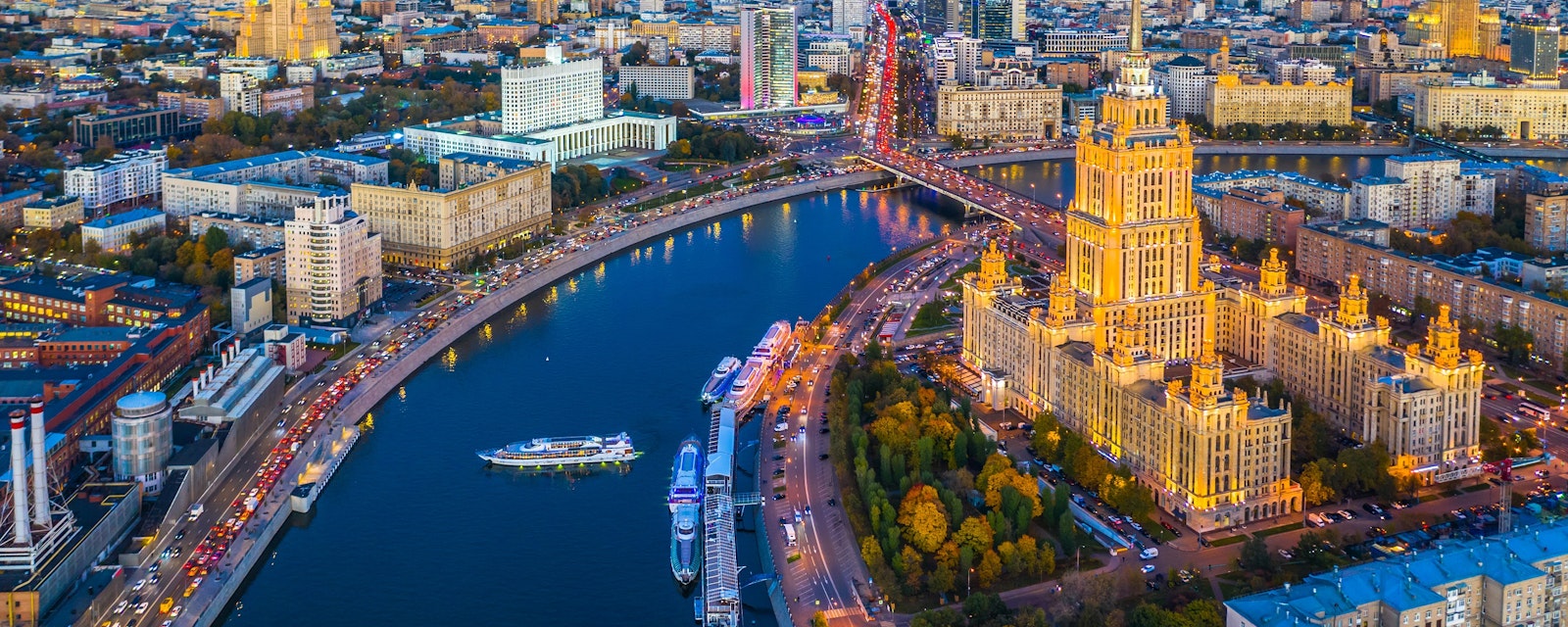On 12 April, a group of deputies from the ruling United Russia party submitted for parliament’s consideration a draft bill on the external administration of foreign-owned companies that have left or suspended operations in Russia after the start of the so-called “special military operation” on 24 February. The bill is a notably milder version of the earlier proposal outlined by the Ministry of Economic Development on 9 March.
To enter into force, the bill needs to be adopted by the lower chamber of parliament State Duma in three readings, approved by the upper chamber of parliament (Federation Council), signed by the President, and published in the official registry of laws. The first reading vote in the State Duma is expected in the second half of May.
While the proposed legislation still allows Russian authorities to take over key foreign-owned companies, it is primarily aimed at “creating rules and possibilities under which foreign investors can comfortably wait out the period of turbulence”, according to one of the co-authors of the legislation.
More specifically, the bill concerns entities at least 25% owned by persons from unfriendly countries that perform functions considered essential for maintaining the economic and social security of the country and its citizens. Some of the criteria include the provision of socially significant goods or services that cannot be replaced by domestic production (for example food, medicines), dominant position in a market, being a major employer or supply-chain participant, etc. The external administration could be introduced by the court if the management of a company has taken actions to stop, suspend, or scale-down operations in violation of Russia’s legal acts or other “unreasonable” motives. Second, the bill gives foreign shareholders more time (up to 18-36 months) to decide on the resumption of their activities or the sale of shares. Finally, the draft bill is much more detailed than the initial version and provides more clarity about the foreseen processes.
The submitted version of the bill highlights the government’s attempts to maintain constructive ties with foreign businesses despite the strained political relations with the West. This is likely driven by near-term economic pressures as Russia’s GDP could see a double-digit contraction this year and unemployment is starting to rise. Foreign and mixed ownership companies are estimated to employ around 4.9mn people (6.5% of the total workforce) in Russia and are important suppliers of goods and services for the entire economy. Also, it is doubtful whether the proposed external administrator Vnesheconombank (VEB.RF) would be able to effectively manage a large number of foreign-owned enterprises over an extended period of time. At the same time, many foreign companies – despite the stated suspension of activities in Russia – seek for maximum flexibility to resume operations at some later point.
In the longer term, the combined effect of the Covid-19 pandemic and Western sanctions will accelerate the policy of import substitution, which was the overarching theme of Prime Minister Mikhail Mishustin’s annual address to parliament last week. The head of the government outlined a series of measures, including various financial incentives and the substantial easing of regulatory requirements, aimed at propping up domestic businesses and increasing self-sufficiency, particularly in the strategic sectors.




